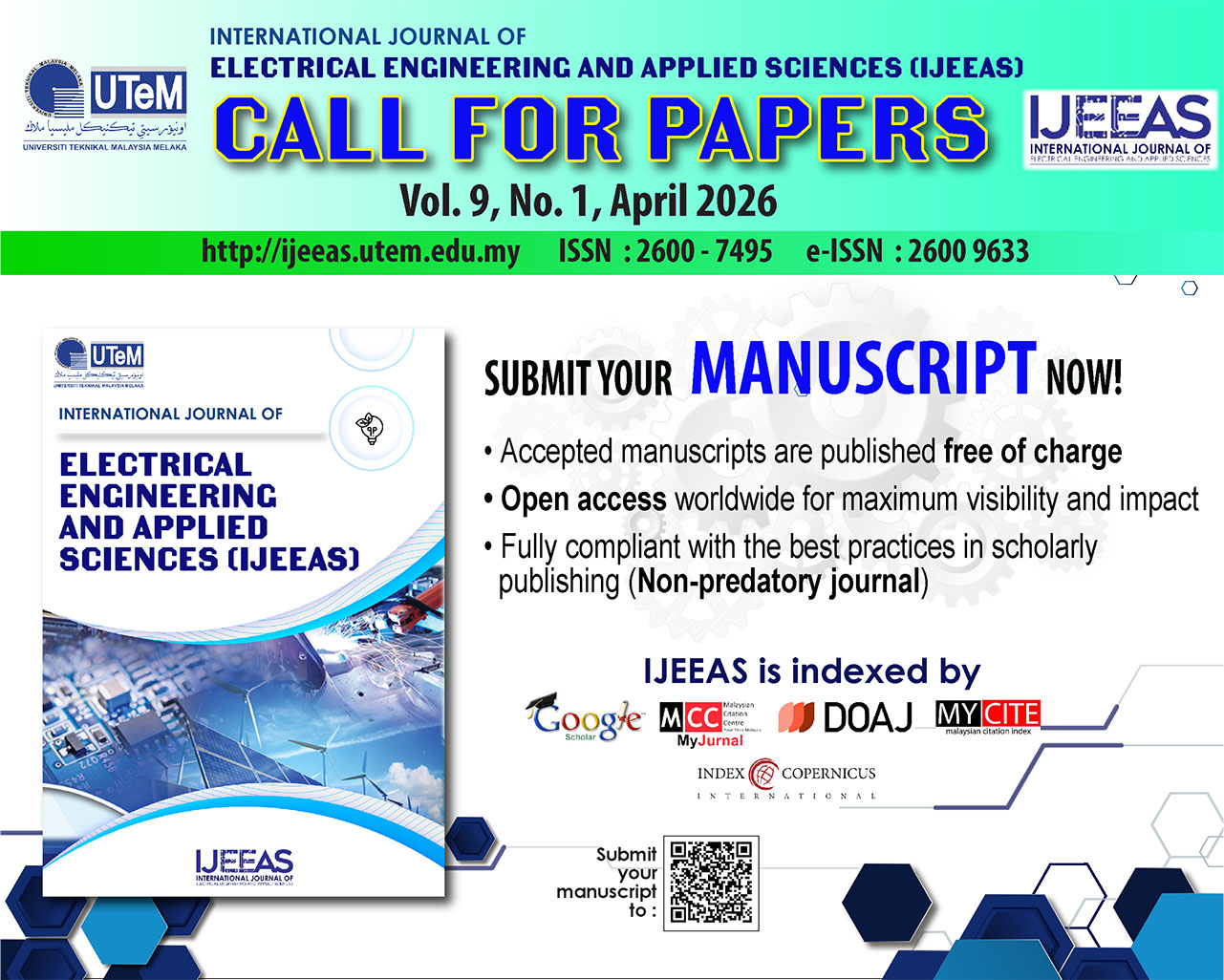Development of an IEC 61850 Standard-Based Busbar Protection Scheme
DOI:
https://doi.org/10.54554/ijeeas.2024.7.01.001Abstract
Communication systems of intelligent electronic devices play a huge role in the performance of busbar protection schemes. They determine the effectiveness of the protection scheme in terms of detecting and isolating busbar faults. A literature survey has revealed that multiple proposed algorithms of busbar protection schemes have encountered a common problem of achieving interoperability between intelligent electronic devices produced by different vendors. This affects the performance of busbar protection schemes. This paper focuses on achieving interoperability between IEC 61850 standard-based multi-vendor intelligent electronic devices “SEL and ABB”. This improves the performance of busbar protection schemes between multi-vendor devices, and at the same time increases the operational reliability. The investigation is conducted using a current differential busbar protection algorithm. The study is performed by implementing hardware-in-the-loop (HIL) testing using a real-time digital simulator (RTDS). A laboratory-scale test bench is developed to achieve interoperability between the IEDs SEL-487B and REF615. A fault condition is simulated, and the behaviour of the protection scheme is analysed. The hardware-in-the-loop results demonstrate the benefit of the proposed technique.
Downloads
Downloads
Published
How to Cite
Issue
Section
License
Authors who publish with this journal agree to the following terms:
- Authors retain copyright and grant the journal right of first publication with the work simultaneously licensed under a Creative Commons Attribution License that allows others to share the work with an acknowledgement of the work's authorship and initial publication in this journal.
- Authors are able to enter into separate, additional contractual arrangements for the non-exclusive distribution of the journal's published version of the work (e.g., post it to an institutional repository or publish it in a book), with an acknowledgement of its initial publication in this journal.
- Authors are permitted and encouraged to post their work online (e.g., in institutional repositories or on their website) prior to and during the submission process, as it can lead to productive exchanges, as well as earlier and greater citation of published work (See The Effect of Open Access).







